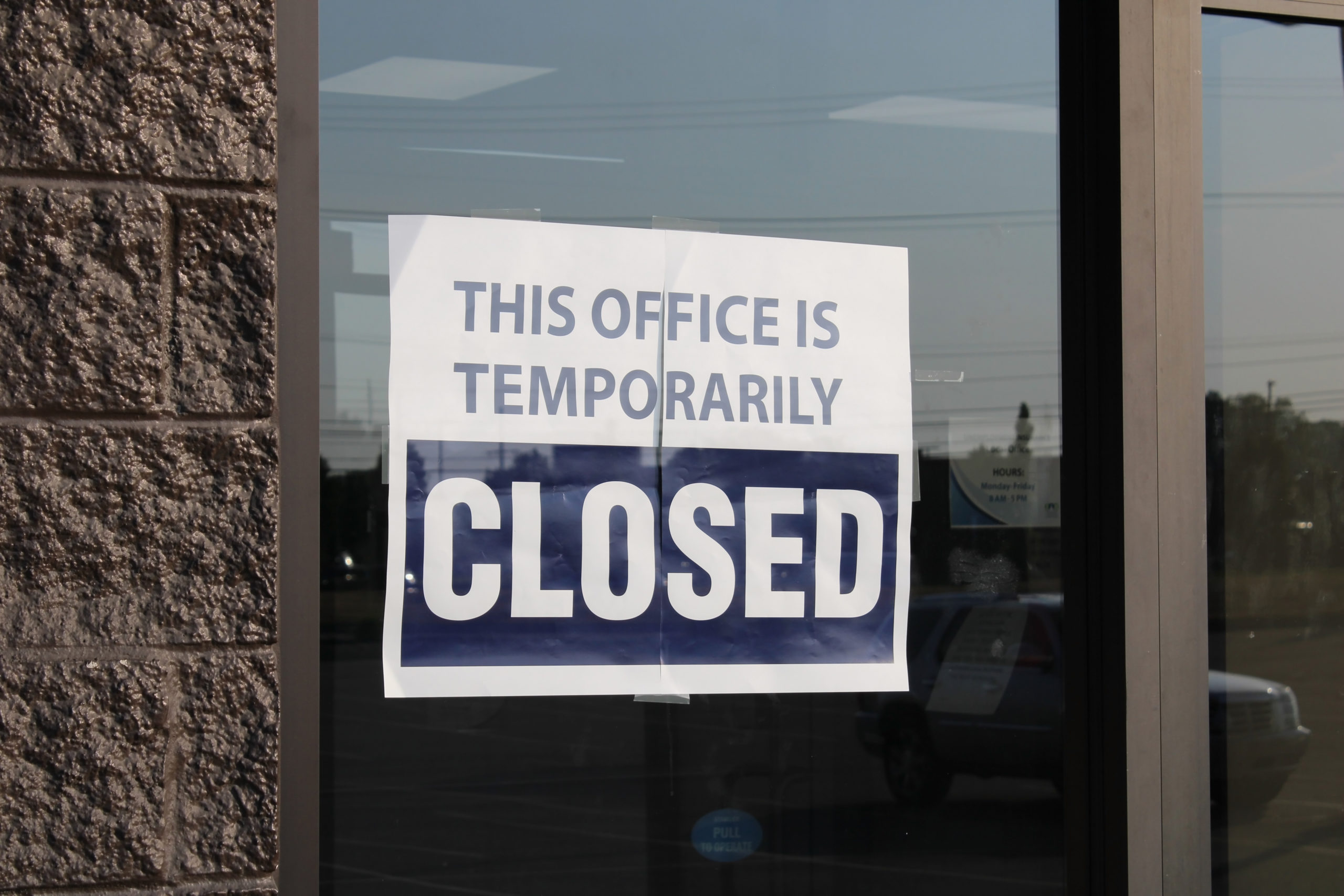The “Law Office Failure” Exception and COVID-19: Vacating a Default Judgment under CPLR 5015(a)

The COVID-19 pandemic has wreaked havoc on all phases of litigation, with court and office closures, the tolling of CPLR deadlines, and the suspension of statutes of limitation. In turn, disputes have arisen over litigants’ compliance or lack thereof with the CPLR and some opportunistic parties have sought to default their opponents for failure to respond. While a legitimately delinquent party may find itself out of luck after a court enters a default judgment, a recent case from the Commercial Division of the Westchester County Supreme Court suggests courts will entertain pandemic-related explanations for the failure to appear when deciding a motion to vacate a default judgment under CPLR 5015(a).
The Case: Maloof Architectural Metals, Inc. v. Flintlock Construction Services, LLC
In Maloof Architectural Metals, Inc. v. Flintlock Construction Services, LLC., Index No. 67566/2019 (Westchester Sup. Ct., Jan. 26, 2021), the plaintiff brought a breach of contract suit against the defendant in Westchester County Supreme Court. When the defendant failed to file an answer or appear in the litigation, the plaintiff moved for and the court granted a default judgment pursuant to CPLR 3215. Subsequently, the defendant moved to vacate under CPLR 5015(a), arguing: 1) it had a reasonable excuse for failing to answer and a meritorious defense to the plaintiff’s claims; and 2) vacating would be in the “interest of substantial justice.” The reasonable excuse was that the date the response to the complaint was due was “inadvertently not diaried” by defense counsel because of its office closure and being short staffed due to furloughs as a result of the COVID-19 pandemic. Justice Gretchen Walsh was persuaded by the defendant’s argument, finding that there was minimal delay in seeking default, no prejudice resulted to the plaintiff, and the defendant provided affidavits sufficient to show that the reasons for the “law office failure” were detailed and credible. Additionally, in rejecting the plaintiff’s contention that the defendant’s meritorious defense argument consisted of “conclusory allegations,” Justice Walsh explicitly clarified that the defendant only needed to establish that it had a “potentially meritorious defense,” and not the much tougher burden of proving a “defense as a matter of law.” Therefore, the court granted the motion and vacated the default pursuant to CPLR 5015(a).
Takeaway
Receiving a default judgment because of an administrative snafu is a litigator’s nightmare, and it would not be surprising if defaults increase following the 2020 government-mandated shutdown. In trying to vacate a default judgment under CPLR 5015(a), consider whether pandemic-induced “law office failure” provides a viable excuse to seek reinstatement of a case for which a potentially meritorious defense exists.
